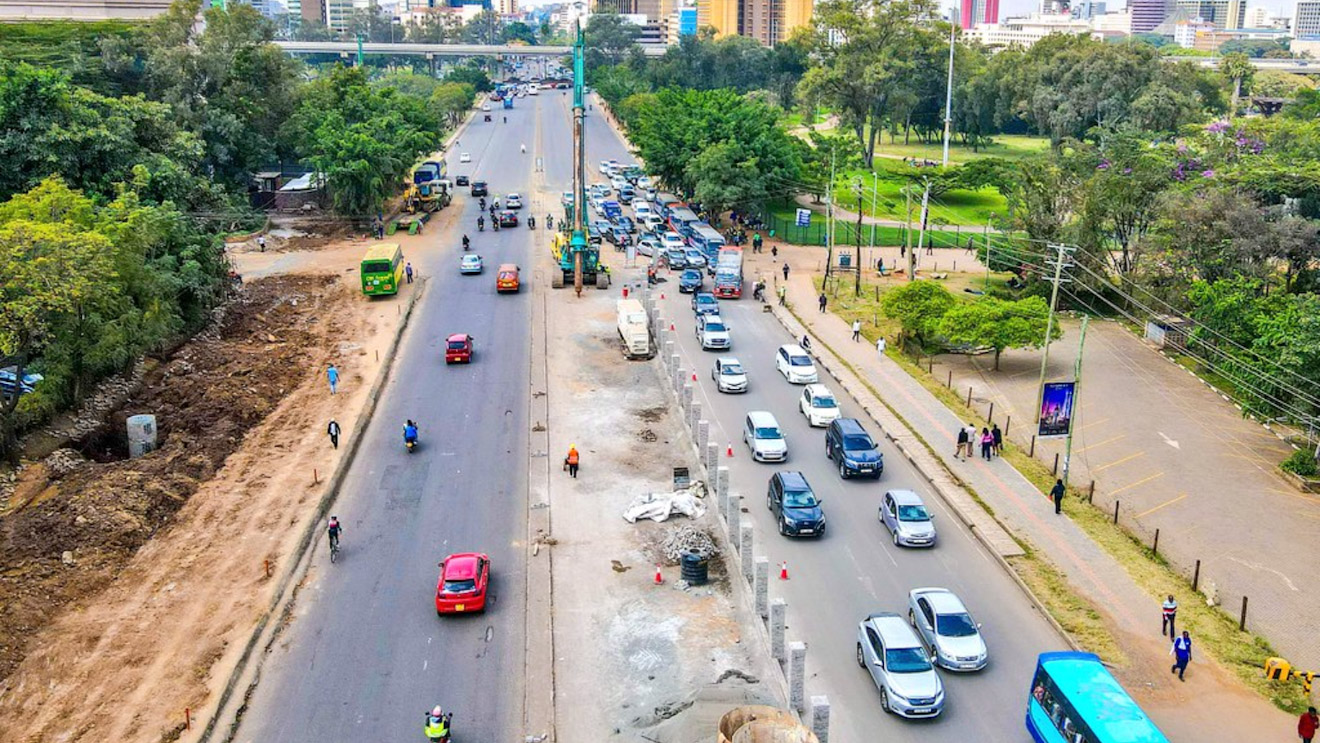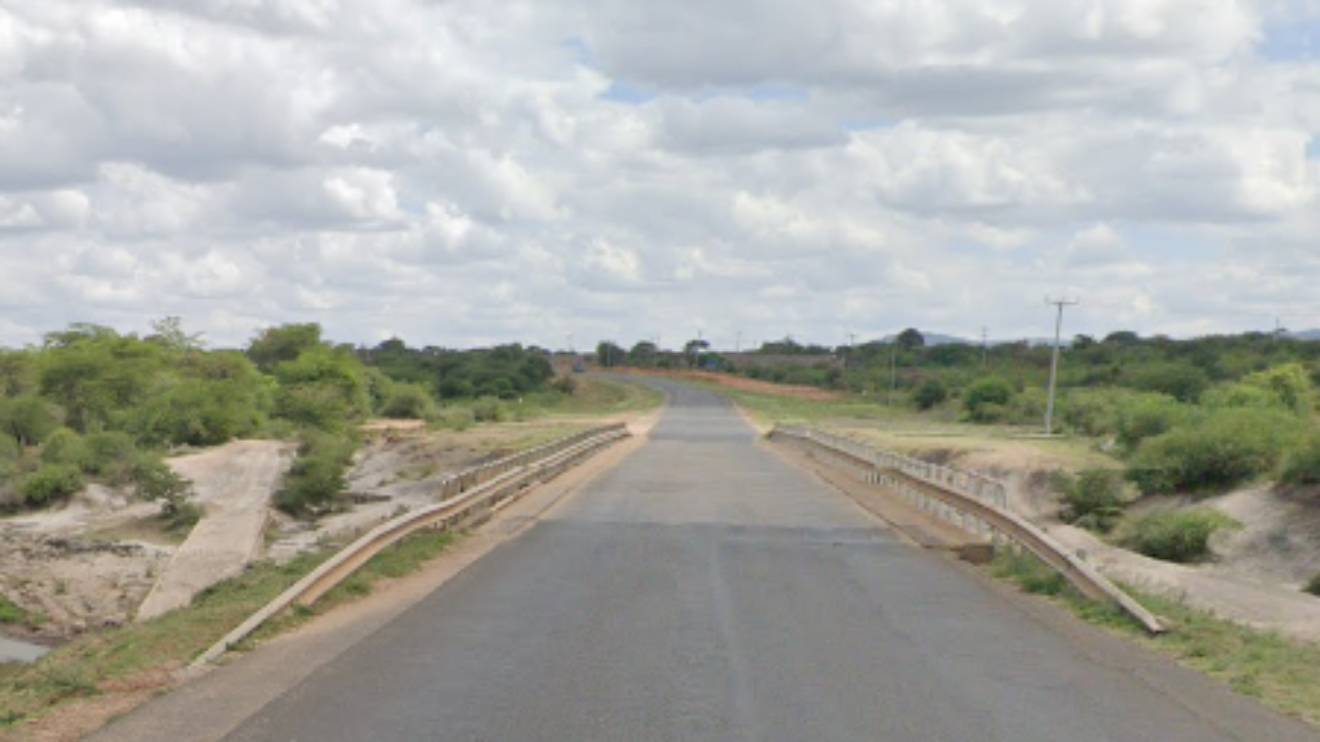The High Court has slapped the Communications Authority of Kenya (CA) with a restraining order restricting it from stopping local television stations from broadcasting live coverage of Raila Odinga-led anti-government demonstrations.
This comes after the Law Society of Kenya (LSK) alongside the journalists' union, Kenya Editors' Guild, Kenya Correspondents Association and the Bloggers Association of Kenya filed a lawsuit against the CA.
In a statement issued on Friday, the authority's head, Ezra Chiloba, accused six TV stations of violating the programming code by the manner in which they provided coverage for the Raila-led protests on Monday.
According to Chiloba, the coverage provided by the six stations, Citizen TV, NTV, K24, KBC, TV47, and Ebru TV, depicted scenes that could cause panic among Kenyans and incite members of the public.
The authority issued notices to the identified broadcasters to remedy the situation, reminded them of their obligations and threatened to withdraw their broadcast licences or broadcast frequencies should they fail to comply with the stipulated obligations.
Read More
Kenyan civic rights promotion group known as Katiba Kenya wrote to CA demanding the withdrawal of the decision saying the threat move was unconstitutional and threatened the media's freedom of expression.
On Friday, High Court Justice John Mugwimi Chigiti stated that the application raised an urged and arguable case, as well as weighty issues that will be decided on merit.
Chigiti also directed the petitioners to serve the authority and the Attorney General with the court papers within 14 days to have them file their responses.
“Upon perusing the application alongside the annexures, I find that the application raises an urgent and arguable case. It raises weighty issues that shall be heard and determined on merit at the appropriate stage should the court be appropriately moved,” Chigiti said.
The petitioners, through their lawyers, argued that the authority's move was not only intent on curtailing the freedom of expression, information and the media but also violated the natural rule of justice.
They also claimed that the CA decision could allow trigger-happy police officers to harm members of the public without media oversight.
“The CA’s decision could have a chilling effect on media freedom, freedom of information and freedom of expression," they said.
"Besides, the decision endangers life because it would enable the trigger-happy National Police Service to operate in darkness and police demonstrations without media oversight. The harm to the public interest is real: the urgency is self-evident."
The lawyers appealed to the court to issue the interim orders while noting the urgency of the matter because the authority had already threatened to withdraw broadcast licenses or broadcast frequencies of the six TV stations.









